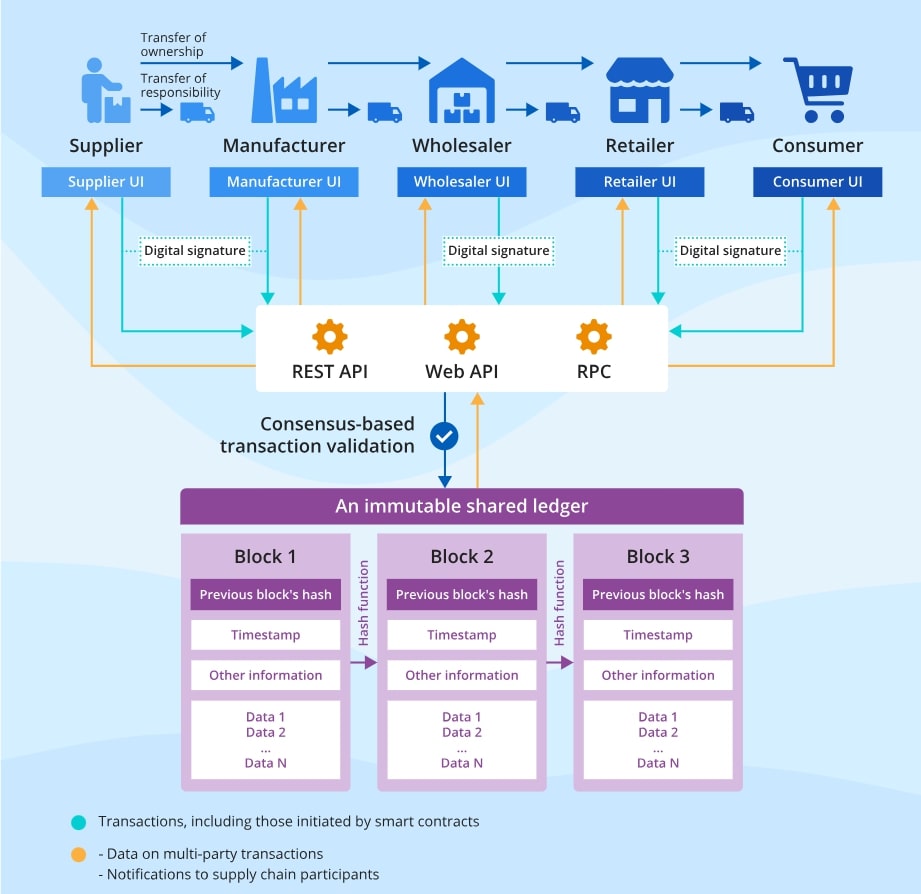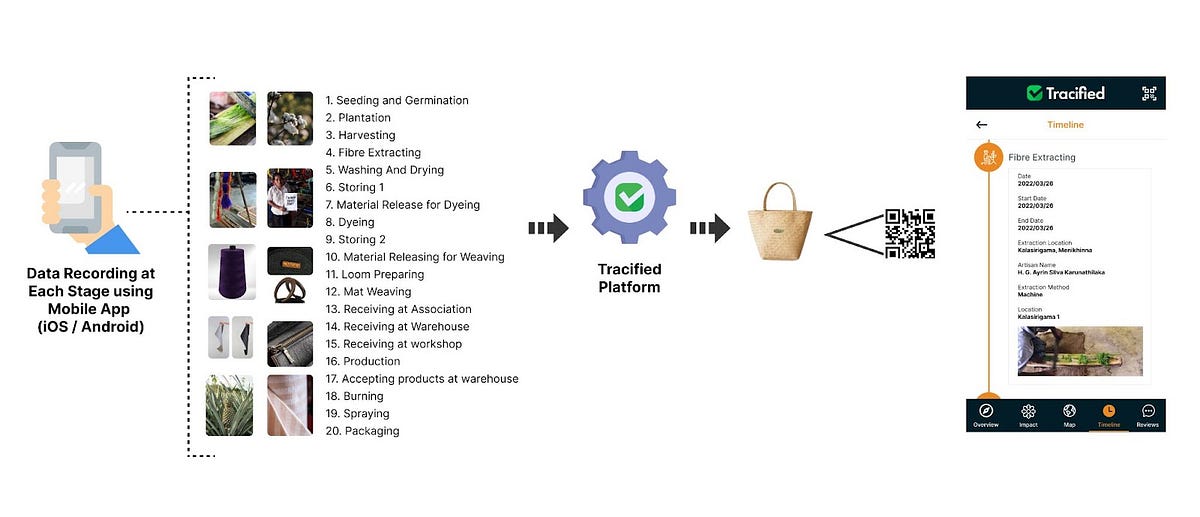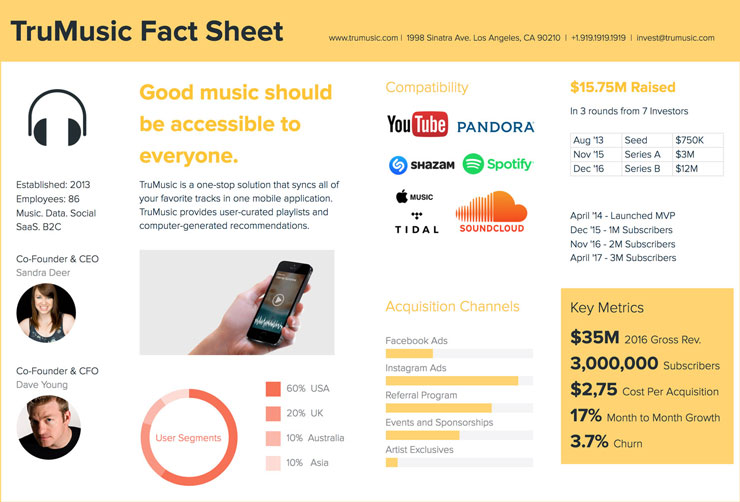The demand for supply chain traceability is increasing due to the need for transparency and sustainability. This demand is expected to lead to the development of new traceability standards and technologies, including real-time traceability, to improve product safety and promote sustainability. New technologies like blockchain, artificial intelligence, and machine learning are expected to drive these developments. Traceability can track documents, products, components, and processes in various industries. It can be divided into chain traceability and internal traceability, enabling manufacturers to track their products and investigate and recall them if necessary. With the help of new technologies and standards, businesses will be able to create more transparent, sustainable, and efficient supply chains.
The Importance of Traceability
It is important to know where it came from and how a team made it when working with a product. Traceability helps you do this by providing a complete history. This history includes information about the materials used to make the product, the suppliers of those materials, the dates when the product was made, the changes it has undergone, and any other relevant information. Below are the reasons why traceability is essential in production and operation.
Traceability marketplaces are digital platforms where businesses can purchase and sell traceability solutions. These solutions can aid in tracking products throughout the supply chain, from raw materials to finished goods. Traceability marketplaces provide a range of solutions, including software, hardware, and services. As transparency and authenticity become increasingly important to consumers, traceability marketplaces can help meet this demand by offering insights into a product’s origin, manufacturing, and sourcing practices.
A traceability marketplace provides manufacturers with benefits such as quality control improvement and reduced product defects. By offering a wide range of solutions, expert advice, and support, businesses can find the right traceability solution without developing their own. Traceability marketplaces also promote sustainable practices and empower consumers to make informed choices. As these marketplaces continue to develop, they will play an increasingly important role in building a more sustainable world.
Blockchain Technology for Traceability
Blockchain technology is a secure way to share information within a business network. It uses blocks of data chained together, creating an unchangeable record of transactions. There are four types of decentralized networks: Public, Private, Hybrid, and Consortium. All networks have features like decentralization, immutability, and consensus.
Various industries are adopting blockchain technology, including energy, finance, media, and retail. Energy companies use it for peer-to-peer energy trading and accessing renewable energy. Banks and stock exchanges use it for online payments and market trading. Media and entertainment companies use it for managing copyright data, and retail companies use it to track goods. Amazon Retail has filed a patent for a blockchain system to verify the authenticity of goods sold.
Reference: What is blockchain
Traceability marketplaces are platforms that connect businesses with consumers, providing a transparent view of the supply chain from origin to destination. These platforms use blockchain technology to securely store and share data, ensuring that information is tamper-proof and trustworthy. Blockchain technology can increase transparency and trust, improve efficiency, reduce risk, and enhance sustainability. Several blockchain-based traceability marketplaces are already in development or operation, supplying industries such as food, cosmetics, industrial goods, raw materials, luxury goods, and pharmaceutical products.
How it works
A blockchain-based traceability system assigns a unique identifier to each product or shipment, which is stored as a digital record on the blockchain. As the product or shipment moves through the supply chain, each participant in the network updates the record with relevant data points. The blockchain’s transparency ensures that the entire history of each product or shipment is preserved and accessible to all participants, enabling businesses to track their products from origin to destination and verify their authenticity.

Blockchain technology assigns a unique digital identity to each product using QR codes, RFID tags, or serial numbers. Digital identities are stored on a blockchain ledger, which is a distributed database shared by all participants in the supply chain. Sensors and IoT connect to the blockchain ledger for real-time tracking, reducing fraud, counterfeit, and labor abuses, and promoting sustainable practices. Consumers can scan the QR code to see the journey of the product from the origin to the shelf, verifying ethical materials.
Blockchain-based traceability marketplaces are gaining popularity across different domains. In the food industry, some examples are IBM Food Trust, Provenance, FoodLogiQ, TE-FOOD, and BittWare. For the fashion industry, there are Provenance, VeChain, and TrusTrace. Meanwhile, for pharmaceuticals, there are MediLedger, Chronicled, and FarmaTrust, and for diamonds, there are Everledger and DiamondProvenance. Circulor for raw materials, Coffee traceability is provided by Bean Voyage and BittWare, while BittWare and TraSeable offer seafood traceability. Lastly, Provenance and RSPO provide traceability for palm oil, while BittWare and Verisium offer it for timber.
Sample architecture
In the blockchain network for provenance and traceability, once validated and encrypted, data and transactions are stored in timestamped blocks linked in chronological order. The blocks form an immutable distributed ledger that serves as a database shared by multiple authorized parties and provides a single source of truth to verify the provenance of assets and inventory. Network participants interact with the distributed ledger to transact and trace data using role-specific web applications.

Reference: Blockchain for Provenance and Traceability
A Competitive Landscape in 2023
Top Marketplace Competitors in 2023
There are several traceability platforms available for different industries, each with its specific features. IBM Food Trust is a blockchain-based platform focused on food and beverage industry traceability, while Everledger tracks luxury goods to prevent counterfeiting. RCS Supply Chain Solutions tracks goods and materials throughout the supply chain, Skuchain simplifies supply chain management, and Provenance enables businesses to share product information with consumers. Te-Food tracks food products from farm to fork, and rfxcel tracks pharmaceutical and life science products through the supply chain.
Food Traceability Market 2023 Trends, Top Industry Players by 2032
The warehouse software traceability segment is expected to dominate the market in terms of money share size during the projection period due to its ability to handle every function that permits the most cost-effective flow of goods and materials. The software is used to manage inventory packing, selecting, receiving, and tracking completed meals. Its rising utilization in a wide range of applications is predicted to drive the growth of the market. Key players in the global market include OPTEL GROUP, Bext360, Bio-Rad Laboratories, and Cognex, among others.
Reference:
Global Food Traceability Market published by Facts and Factors
Tracified in Traceability Landscape
Tracified is a platform that uses blockchain technology to enhance business efficiency, customer service, and trading services. Its focus on trust and traceability allows users to create their custom website by installing the Tracified app from the Shopify App Store. Shop owners can add a Tracified widget, create an account, and pay the subscription fee to track product traceability data, reviews, feedback, and recalls. Tracified’s consumer app allows users to scan a product’s QR code to access information on its freshness, safety, sustainability, and community details, as well as its geographical location. The app is available for download on both the Google Play Store and the Apple App Store.

Tracified provides multiple apps for managing product batches and blockchain-related asset transactions. Field officers can use the Tracified Field Officer app to update and certify product batches while consumers can view safety details. The Wallet app allows users to perform blockchain transactions for various blockchains such as Stellar, Polygon, Ethereum, and Solana. Additionally, Tracified offers an NFT marketplace for trading NFTs using cryptocurrency with support for four crypto wallets.
Reference: Tracified Official Website / Tracified YouTube Channel
Conclusion
Consumers today are increasingly concerned about the origins and authenticity of the products they buy. To address this demand for transparency, traceability marketplaces have emerged as a solution, allowing businesses to share product information with consumers and build trust. Blockchain traceability offers a revolutionary way for businesses to manage their supply chains more sustainably. By providing a secure and transparent record of product movement, blockchain can improve efficiency, reduce costs, and ensure compliance. Tracified is one such platform that leverages blockchain technology to help businesses track their supply chains, verify product authenticity, identify counterfeit goods, and enhance efficiency. Regardless of business size, Tracified is a valuable tool in meeting the growing demand for transparency and authenticity. If you want to improve the transparency and authenticity of your products, consider exploring Tracified as it has the potential to revolutionize your business operations.
References
Sustainability(2019),Tarun Kumar Agrawal. Article.Traceability in Textile and Clothing Supply Chains: Classifying Implementation Factors and Information Sets via Delphi Study. https://www.mdpi.com/2071-1050/11/6/1698 https://www.sciencedirect.com/science/article/pii/S0360835221000346#bi005 A sample architecture-science soft/technologies, Blog post(How Blockchain for Provenance and Traceability Works) https://www.scnsoft.com/blockchain/traceability-provenance Facts & Factors(November 6, 2023), published on LinkedIn. https://www.linkedin.com/pulse/global-food-traceability-market-size-share-latest-trends-industry-baumf/ Polaris market research-Market research report(Jan-2022) Request for Sample of food traceability market Report (polarismarketresearch.com)






About The Author: Tracified Admin
More posts by Tracified Admin